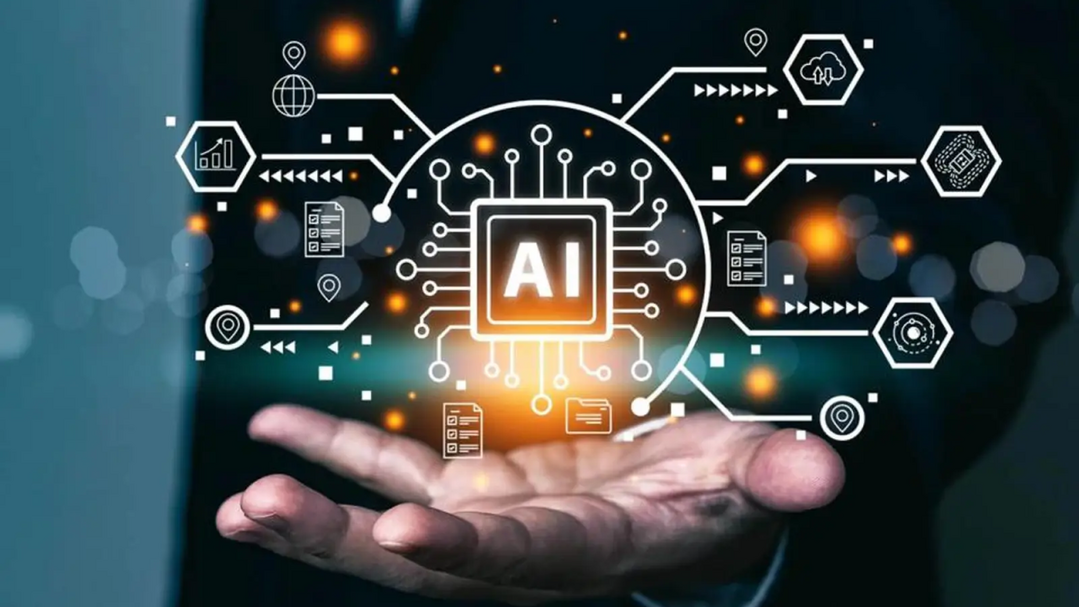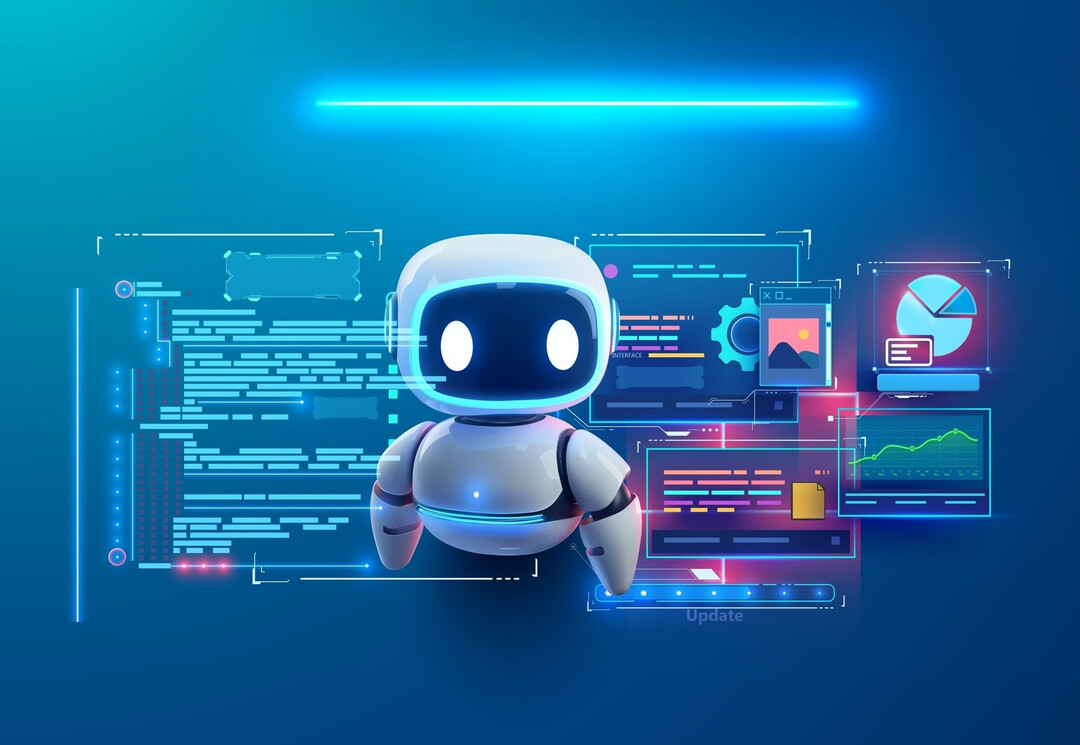
Singapore – Facing demographic challenges of an aging population and low birth rates, Singapore is taking a bold step by actively embracing digital labor that can operate tirelessly, without vacations, and scale infinitely. This strategic shift highlights the transformative potential of agent-based artificial intelligence (AI), which can operate autonomously and has the potential to revolutionize productivity across Southeast Asia.
Marc Benioff, Chair and CEO of Salesforce, emphasized, "We are entering an incredible new era of digital labor, where every company will be transformed by autonomous agents augmenting human work and the ability to scale infinitely."
This vision is rapidly materializing through large-scale investments, including Salesforce's US$1 billion investment commitment in Singapore and Oracle's establishment of an AI center.
Economic Necessity and the Deepening Skills Gap
Singapore's economic reasons for integrating agent-based AI are clear: maintaining competitiveness amidst demographic shifts. Investments from tech giants like Salesforce and Oracle reflect a calculated strategy to redefine how humans and machines collaborate.
Jermaine Loy, Managing Director of the Singapore Economic Development Board (EDB), welcomed the transition to agent-based AI, stating that these investments will "bolster our ongoing efforts to build a vibrant hub for AI innovation and adoption across our economy."
However, this transition reveals a significant challenge: a 'technology visibility crisis.' According to Workday's 'Global Skills Survey,' 43% of Singaporean business leaders are concerned about future talent shortages, and only 30% are confident that their organizations possess the skills needed for long-term success.
Furthermore, only 46% of leaders have a clear understanding of their current workforce's skill capabilities. This necessitates a shift towards skills-based hiring as the importance of traditional qualifications diminishes in the digital labor era.
The Rise of Digital Labor and Hybrid Workforces
Salesforce's 'Agentforce' platform promises to create an 'infinite digital workforce,' capitalizing on a US$6 trillion market opportunity. In line with this change, companies must adopt skills-based strategies to effectively manage hybrid workforces that combine human and digital labor.
Already, 36% of Singaporean companies are implementing such strategies. According to Workday, 52% of leaders recognize AI's role in streamlining repetitive tasks as a key benefit of skills-based hiring. As skills, rather than roles, become the new currency of the labor market, flexible workforce deployment is becoming possible.
Notably, 64% of Singaporean leaders believe that skills-based strategies drive economic growth. Digital skills are a core competency prioritized by 64% of companies. However, current shortages identify social skills (34%) as the most significant lacking competency.
Catalyst for an Education Revolution
To bridge the skills gap, Salesforce and Oracle are making significant investments in education.
Oracle aims to equip 10,000 students and professionals with digital skills by 2027 through its AI center. It is also collaborating with NTUC LearningHub to enhance digital capabilities in cloud and AI technologies.
Tan See Leng, Singapore's Minister for Manpower and Second Minister for Trade and Industry, emphasized the need to "cultivate an agile and adaptable workforce that can effectively harness new technologies to maintain our economic competitiveness." Universities are also forming partnerships with these companies to prepare the future workforce.

Overcoming Barriers to Transformation
Despite these movements, challenges remain. According to the Workday report, 52% of Singaporean business leaders cite retraining time as a major obstacle, followed by resistance to change (49%).
To overcome these barriers, clear communication of benefits (58%) and effective change management (46%) are essential. Fabio Tiviti, Workday's President for Asia Pacific and Japan, emphasized, "We are living in the age of AI, and the rules of employee engagement and the skills needed for success have completely changed. However, the human element has become more important than ever."
The integration of agent-based AI also raises significant ethical and social concerns. Potential job displacement requires robust workforce transition strategies. Issues such as AI bias, data privacy, and accountability must also be addressed. Furthermore, the risk of social inequality necessitates inclusive AI development and proactive government policies.
Evolving Supplier-Enterprise Relationships
As agent-based AI transforms the labor market, the relationship between companies and technology providers is also being reshaped.
Investments by Salesforce and Oracle signal a shift towards strategic talent partnerships. Salesforce's expansion of its AI research team in Singapore, its first overseas hub, and Oracle's establishment of a collaborative AI center exemplify this evolution.
This new model recognizes technology providers not just as product vendors but as essential partners in workforce transformation.
Competing in an Agent-Based Future
As Singapore positions itself as a global AI innovation hub, Chief Human Resources Officers (CHROs) face a critical juncture. Integrating agent-based AI goes beyond mere technology adoption; it requires reimagining talent acquisition, development, deployment, and management.
Organizations that will thrive in the future will develop new skills frameworks, build continuous learning infrastructures, and create human-AI hybrid workforce models. Balancing the productivity gains of digital labor with uniquely human capabilities such as creativity and empathy will be a key challenge.
Garrett Ilg, Salesforce's President for Japan and Asia Pacific, highlighted the high stakes for Singapore and the broader ASEAN region, stating, "AI will drive the next wave of opportunity and growth."
[Copyright (c) Global Economic Times. All Rights Reserved.]



























